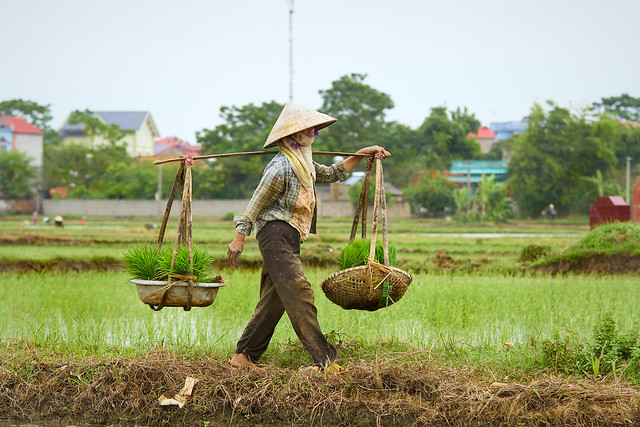Words for loads, burdens and related things in Celtic languages.
| Proto-Celtic | *baskis = bundle, load |
|---|---|
| Middle Irish (Gaoidhealg) | basc = circular necklet or neckband |
| Scottish Gaelic (Gàidhlig) | basc = round, red, scarlet (archaic) |
| Middle Welsh (Kymraec) | beich = burden, load |
| Welsh (Cymraeg) | baich [bai̯χ] = burden, heavy load, labour, duty, sin, sorrow, woe, responsibility, a load, a dry measure baich gwaith = workload beichiaf, beichio = to burden, load, weigh (down), overwhelm, encumber beichiedig = burdened, laden beichiog = pregnant, expectant, burdened, laden, fertile, prolific, teeming beichiogaeth = pregnancy beichiogaf, beichiogi = to become pregnant, impregnate, conceive beichiogi = pregnancy, conception, feture, childbirth, delivery (of child) |
| Cornish (Kernewek) | begh = burden, load begh-ober = workload beghus = burdensome, onerous beghya = to burden, impose upon, overload |
| Middle Breton (Brezonec) | bec’h = burden bec’hiet = loaded, charged, full bec’h(i)us = heavy, overwhelming, oppressive bec’h-bec’h = with great difficulty bec’hiadurezh = oppression |
| Breton (Brezhoneg) | bec’h = difficulty, effort bec’hiad = load, charge, responsibility, burden bec’hadenn = physical effort bec’hded = saturation |
Etymology: from the Proto-Indo-European *bʰask- (bundle, band), or from a non-Indo-European source. Words from the same Proto-Celtic root include bascauda (woven mat or vessel to hold basketwork) in Late Latin, bâche (tarpaulin, canvas sheet, cover) in French, vascullo (broom, bundle of straw) in Galician, basket in English, فَشْقَار (fašqār – a heap of sheaves) in Arabic (via Aragonese or Galician) [source].
Words from the same PIE root include fascis (bundle, burden, load, high office) in Latin, and possibly bast (fibre made from certain plants used for matting and cord) in English, bast (bast, raffia) in Danish, bast (inner bark, velvet, skin, hide) in Dutch, and bashkë (together, simultaneously) in Albanian [source].
| Old Irish (Goídelc) | aire = load, burden |
|---|---|
| Middle Irish (Gaoidhealg) | aire, oire, ere = load, burden |
| Irish (Gaeilge) | eire = load, burden eireadóir = encumbrancer |
| Scottish Gaelic (Gàidhlig) | eire [erʲə] = burden, load eireach [erʲəx] = burdensome, heavy |
| Manx (Gaelg) | errey = burden, impost, imposition, load thie errey = infirmary |
| Middle Welsh (Kymraec) | areu = burden, sorrow, grief |
| Welsh (Cymraeg) | arau = burden, sorrow, grief |
Etymology: unknown [source].
| Old Irish (Goídelc) | úalach = burden, load, duty |
|---|---|
| Middle Irish (Gaoidhealg) | úalach = burden, charge, load, duty, obligation |
| Irish (Gaeilge) | ualach = load, burden ualaigh = to load, burden, encumber |
| Scottish Gaelic (Gàidhlig) | uallach = round, red, scarlet (archaic) |
Etymology: possibly from uala (shoulder), a version of guala (shoulder), from Middle Irish gúala (shoulder), from Old Irish gúalu (shoulder), from Proto-Indo-European *gew (to bend, curve) [source].
Words from the same PIE root include giro and gyre (a swirling vortex) in English, giro (turn, twist, rotation) in Italian, and giro (turn, spin, tour) in Spanish [source].
Words marked with a * are reconstructions.
Sources: Wiktionary, Am Faclair Beag, Online Manx Dictionary, Teanglann.ie, eDIL – Electronic Dictionary of the Irish Language, In Dúil Bélrai English – Old Irish glossary, Geiriadur Prifysgol Cymru, Gerlyver Kernewek, Dictionaire Favereau, TermOfis, Dictionnaire de la langue gauloise, English – ProtoCeltic WordList (PDF), Etymological Dictionary Of Proto Celtic

